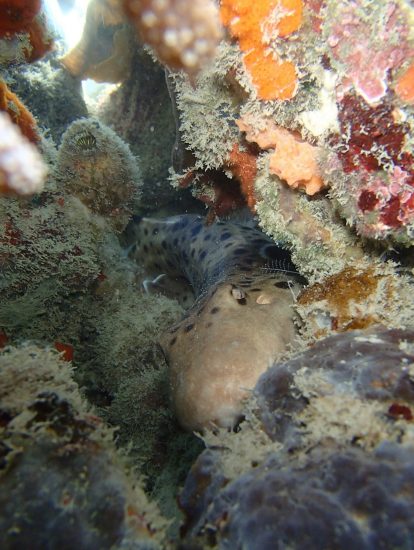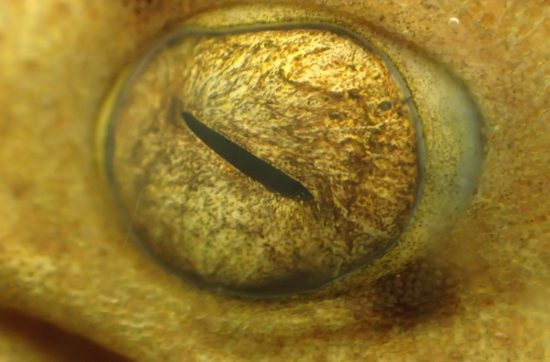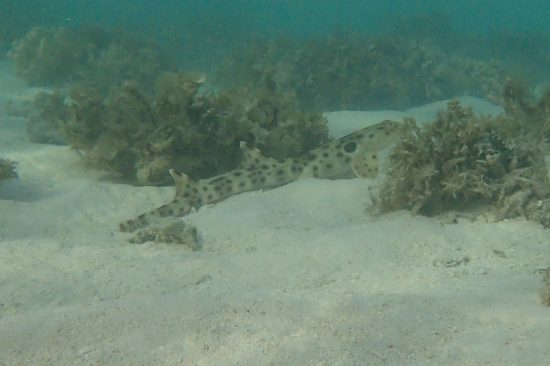




Some
baby sharks are able to cope with the level of ocean acidification predicted
for the end of this century, according to a recently published Australian
study.
Dr
Jodie Rummer from the ARC Centre of Excellence for Coral Reef Studies (Coral
CoE) at James Cook University and her co-authors arrived at this conclusion
after conducting some research into the development of epaulette shark embryos.
“Overall, there were no
differences between growth and survival in sharks reared under current day
conditions versus those reared under ocean acidification conditions predicted
for the year 2100,” said Dr Rummer.
However,
the researcher added a word of caution: The gills of sharks were important in
correcting pH balances. Under ocean acidification conditions, the team
concluded that the epaulette shark's risk of death might be the highest before
the gills were fully developed. Once developed, the level of risk became as per
normal.
The
eggs of the epaulette shark usually incubate for three to four months before
they hatch. For the study, the eggs were raised ten days after they were laid
until 30 days after they hatched. They were divided into two groups: one which
was exposed to current oceanic conditions, and the other group which was
exposed to oceanic conditions projected for 2100, when the acidification of the
oceans is expected to increase by 150 percent when compared to the
pre-industrial era.
Then
they counted the gill and tail movements of the embryos, how much yolk the
embryo consumed, and how much the embryo grew. After hatching, they continued
to monitor the sharks’ growth.
“We know that sharks,
even the little ones, play an important role in balancing ecosystems as
predators,” said Dr Rummer. “Healthy ecosystems need
healthy predators. But, what about when water quality becomes challenging, such
as what is happening with climate change?”
While
some marine creatures are able to move to another location in their
environment, others may not be able to do so due to their size, and thus may
end up being eaten. In such cases, they may seek shelter in places like coral
reefs. Unfortunately, the water quality of such places may prove to be more
challenging. As for eggs, they cannot move from the place at which they were
laid if the environmental conditions are unfavourable.
In
short, ocean acidification is expected to pose a serious threat for
reef-building corals that serve as the habitat and shelter for this shark
species.
“No matter how tough this species seems, if climate change
takes away its shelter, it will be just as vulnerable as any other,” concluded Dr Rummer.
 Mares
Mares 15th April 2016
15th April 2016 James Cook University, Townsville Campus, Douglas, Queensland, Australia
James Cook University, Townsville Campus, Douglas, Queensland, Australia